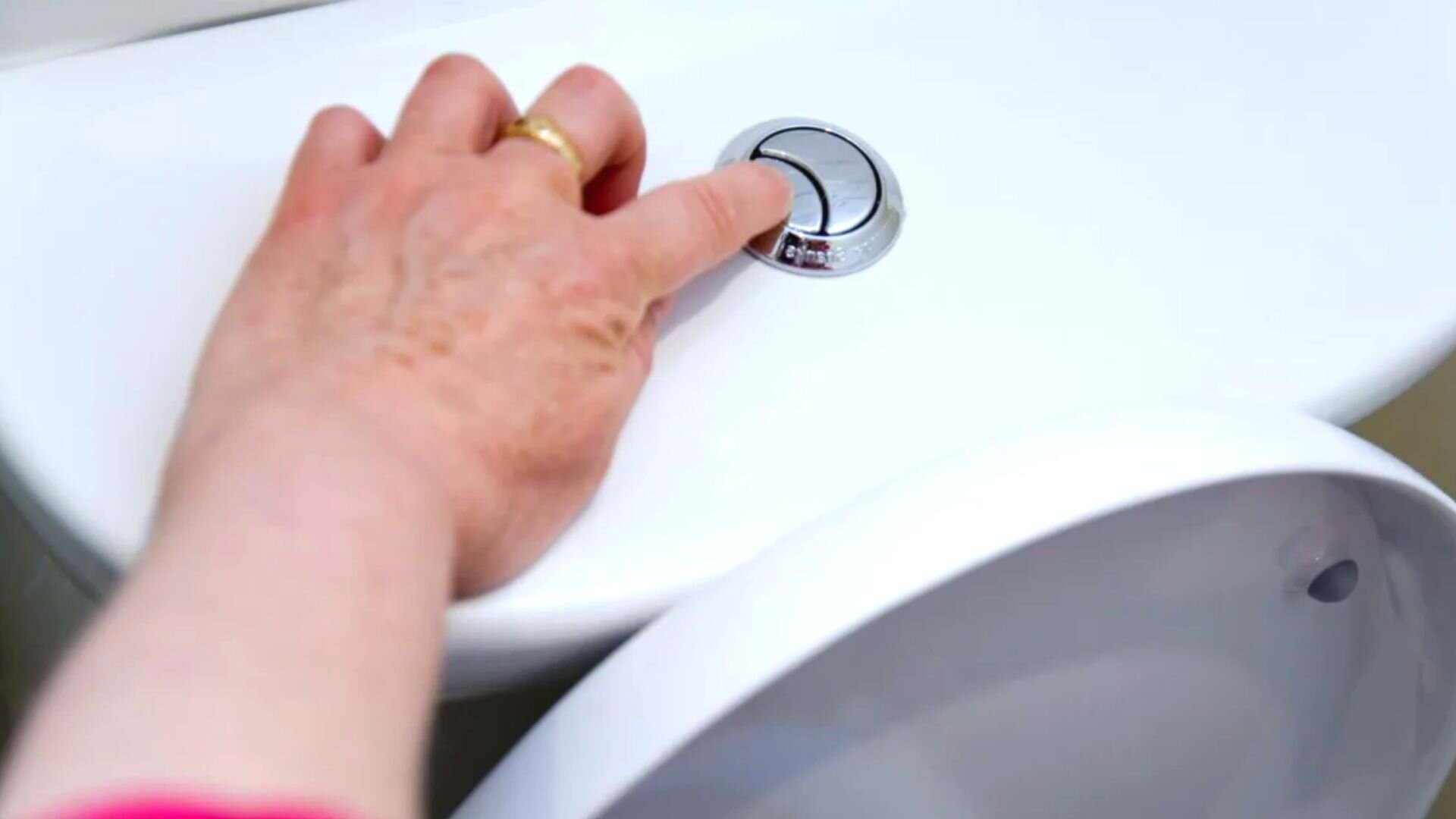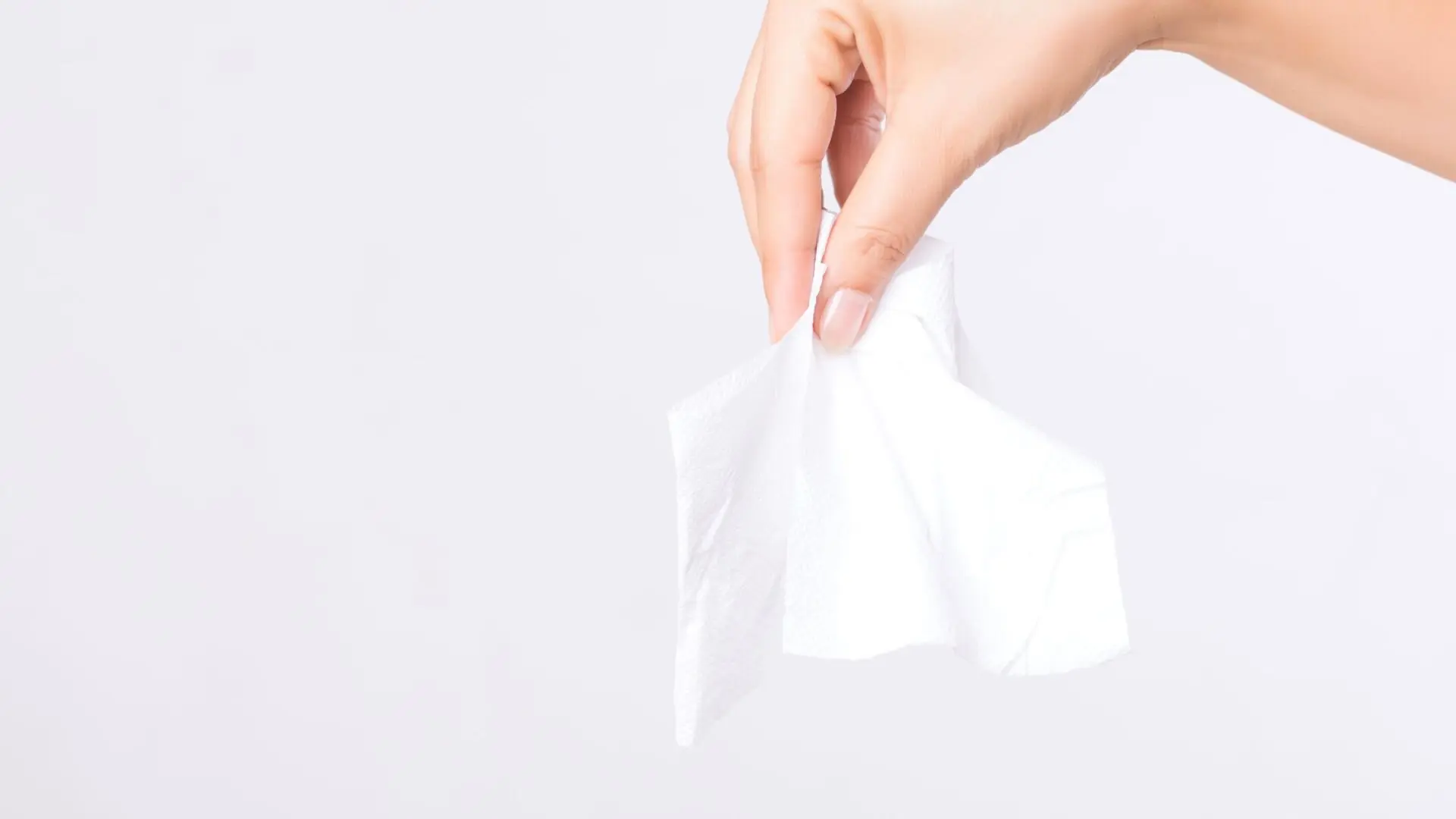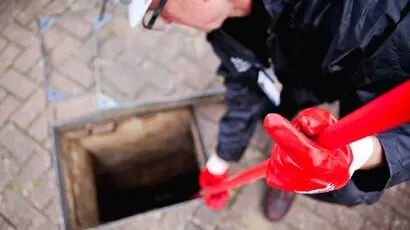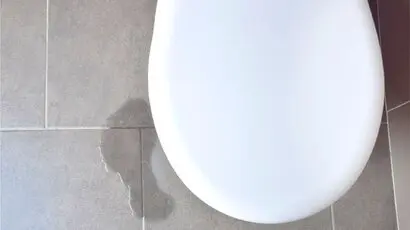Using flushable wipes can be a quick and easy way to clean up and keep your home hygienic. You simply take one out, tidy up the mess, and you’re done. However, if you toss them down the toilet, they could cause clogs and serious drainage issues.
This is precisely why you should never flush any wipes or baby wipes, even those labelled as “flushable.” Wondering what could go wrong? Let’s take a closer look at the potential problems of flushing these so-called “flushable” wipes.
Are Flushable Wipes Really Safe To Flush?
![]()
Flushable wipes are often marketed as safe for your plumbing, but many professional plumbers think differently. For instance, Sydney Water statistics indicate that over 75% of blockages are due to wet wipes.
Wet wipes also cause fatbergs, a conjoined pile of grease, fat and wet wipes. With the increase in demand for these wet wipes, the problem of fatbergs has also become increasingly common.
Another factor that makes these fatbergs challenging to deal with is their extraction. Though some machines can pull out most of the fatberg, more is needed to remove the entire piece. To remove the remaining pieces, workers would have to step in manually, and the last thing anybody wants is to spend their day cleaning fatbergs.
So, to save yourself and everyone else the trouble, it is recommended that you stick to flushing only the 3Ps; pee, poo and paper!
You might wonder why these wet wipe companies market their products as “flushable” when they aren’t. Well, the Australian Competition and Consumer Commission (ACCC) took action against some manufacturers, including Kimberly Clark, for misleading claims.
A consumer advocacy group CHOICE survey showed how Australians comprehend “flushable wipes.” Out of the 1679 people interviewed, around 67% believed that flushable wipes would disintegrate like other sanitary products. Not only is this untrue, but also quite harmful if this is the majority of the public’s perception.
But what causes this confusion?
The Term “Flushable”
Though the word seems self-explanatory, it doesn’t have any specific meaning. Most flushable wipe manufacturers use the word to define a product that would go through your pipes and into the central sewer system. This may seem reasonable, but, in reality, it can cause severe clogs once it passes through the pipes.
Why Aren’t Flushable Wipes Flushable?
![]()
To understand this better, let’s look at the regular toilet paper. When flushed down the toilet, the contact with water makes it fragile, breaking into several pieces. Since they’re so small, these pieces do not threaten the drainage system.
Flushable wipes, on the other hand, do not follow the same disintegration process. CHOICE conducted a test where they placed flushable wipes and toilet paper in water. The toilet paper disintegrated entirely in three minutes, whereas flushable wipes did not budge after 20 hours.
You might think that flushing wipes only affects the main sewer line, but it can hit closer to home. Sydney Water reported a case where a woman faced a $16,000 water bill because of these so-called flushable wipes.
Biodegradable Flushable Wipes
When you see the term “biodegradable” on the wipes, you expect them to break down in the water. That is what biodegradable means.
Well, yes and no. Technically, they are supposed to break down in the water and not cause a problem within the drainage system. But that is not the case since they disintegrate like other flushable wipes when flushed.
The main difference is if you discard your biodegradable wipes in the bin and move them to a landfill, they can be composted.
How To Dispose Of Flushable Wipes Correctly?
The answer to this question is straightforward - in the bin. Any wet wipe you use, flushable or not, should be thrown in your garbage bin. This is the best way to prevent wipe-related clogs and protect the environment.
Find Out Once and For All: Are Flushable Wipes Really Flush-Friendly?
It can be hard to assess what is advertised appropriately and what isn’t, and that’s okay. We hope this guide gave you a better understand of what could potentially damage your pipes.
If you have a clog from flushed wipes, use a plunger to dislodge it. And even if it clears the clog up, call a plumber to inspect the clogged pipes and avoid any future issues by keeping the pipes running smoothly.
At WP Plumbing, our professional and experienced plumbers offer fast, affordable drain-clearing services and repair of any damage caused. So, get in touch with us today to speak with an expert!
That’s all for today’s guide. We look forward to seeing you next time!





